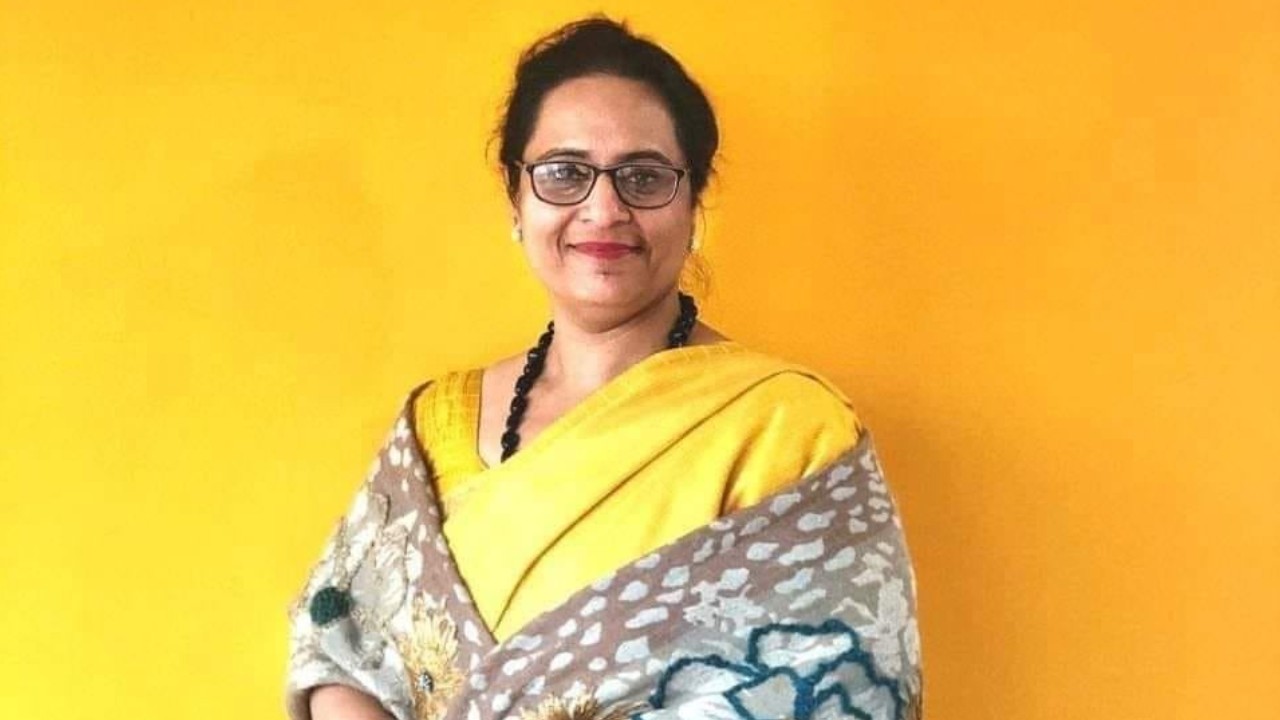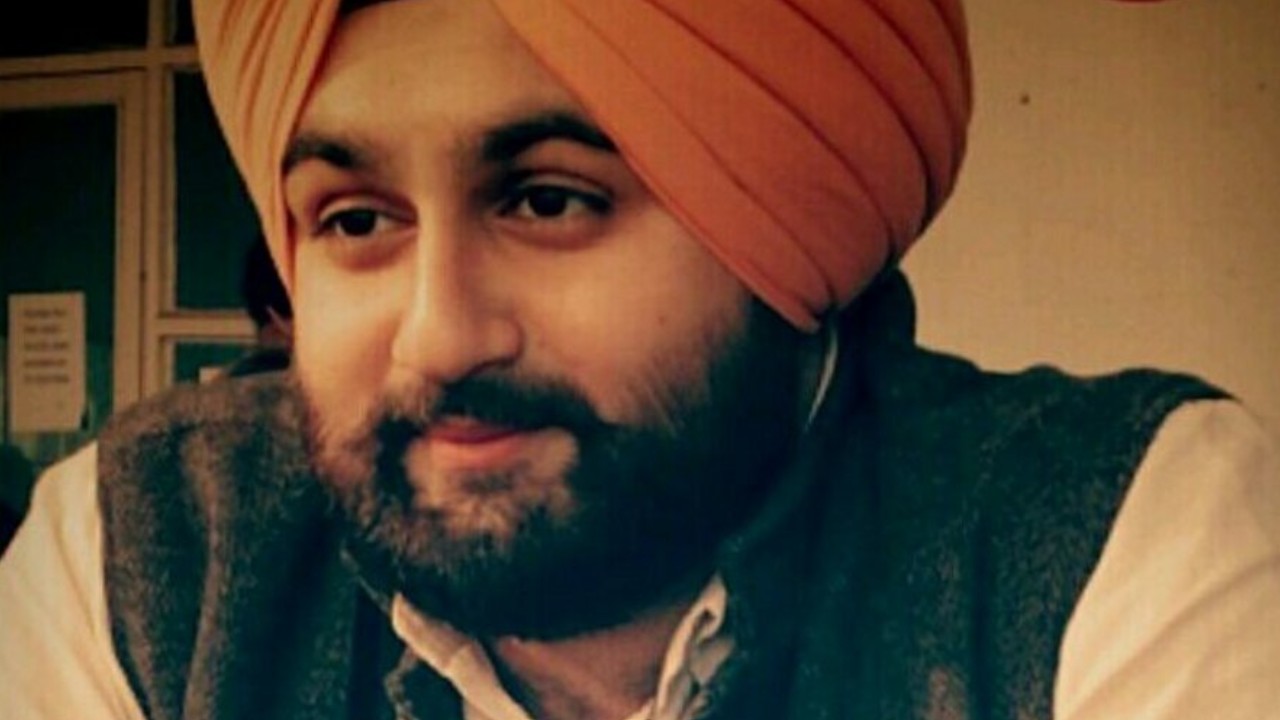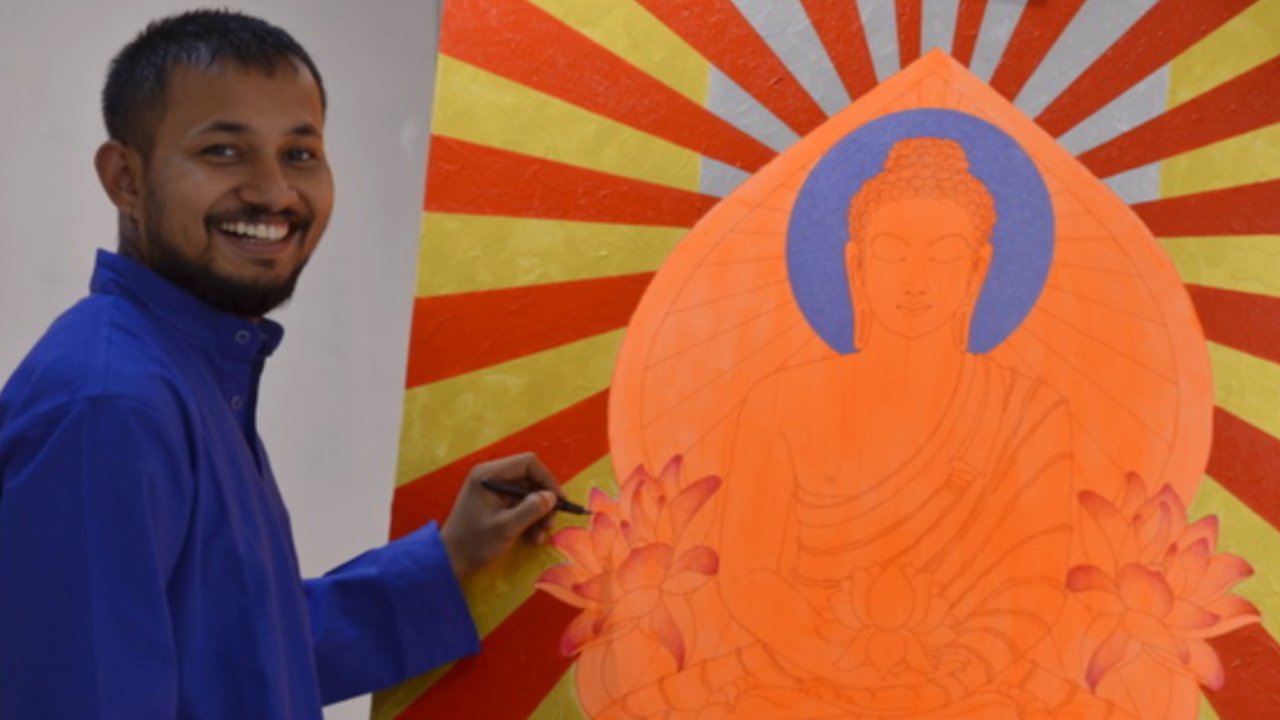Shobha Gupta emerges as a fearless champion of justice, her unwavering commitment guiding her illustrious career. In a country where justice often crawls at a snail’s pace, Gupta stands resolute, firmly believing in the Indian legal system’s dedication to fairness. Since 2003, she has been a beacon for those in pursuit of justice, offering pro bono legal services for Gujarat riot cases, notably the landmark Bilkis Bano case. In 2019, the Supreme Court acknowledged Bilkis’ suffering, awarding her the highest compensation ever granted in an Indian rape case.
Across her 16-year legal tenure as the standing counsel for the National Human Rights Commission (NHRC), Gupta’s activism transcends courtroom boundaries. Tirelessly advocating for various social causes, she provides legal aid to juvenile offenders, participates in legal aid camps for the underprivileged, and assists the less fortunate with legal hurdles. Her dedication extends to representing the NHRC in numerous high-profile cases, tackling issues like private school disputes and challenges to the Right to Education Act.
Yet, Gupta’s journey unfolds further. In a recent development, she establishes ‘We The Women of India’, aiming to raise awareness about women’s human rights and offer support. Her influence extends beyond pro bono endeavors; she serves as a panel lawyer, representing government, semi-government, and private organizations such as the Rajasthan State Electricity Board, NSIC, and RSRDCC. Additionally, she initiates the ‘FLAG – Free Legal Aid Group’ to aid juvenile offenders, alongside prominent legal figures.
In an insightful conversation with The Interview World, Shobha Gupta highlights strategies for empowering women in the legal profession and fostering gender equality within the judiciary. She also shares her pivotal role in advocating for justice for Bilkis Bano amidst the challenges stemming from the Gujarat riots. Below are the invaluable insights gleaned from her interview.
Q: What are your perspectives regarding women’s empowerment within the legal profession?
A: The concern arises from the fact that we haven’t reached the desired level of women’s involvement in various fields of work. Therefore, it’s imperative to continue discussing this issue.
Once we achieve at least 50% participation, the need to address inequality diminishes. However, until that milestone is reached, we must remind ourselves of the progress yet to be made. This reminder isn’t for anyone else but for us to acknowledge our journey.
We persist in these conversations because we are aware of the ground we have yet to cover, a journey that should have begun decades ago. That’s the essence of our ongoing dialogue.
Q: What strategies and initiatives can be implemented to effectively empower women and promote gender equality?
A: My idea of empowerment revolves around providing essential education that instills confidence through knowledge, propelling individuals towards success and progress. This empowerment is not confined to a specific gender; it applies universally.
As the world advances, there’s a growing recognition of the need for an un-gendered approach in various spheres. Reflecting on the past, particularly 50 years ago, we observe a stark contrast in gender representation, especially in professions like law. Back in 1997, when I entered the legal field, the number of female advocates was notably low. However, pioneers like Indra Jaisingh paved the way for us, making our journey smoother.
Now, it’s incumbent upon us, the succeeding generation, to uphold their legacy. When mentoring younger colleagues, I emphasize the importance of perseverance. I urge them not to abandon their careers prematurely, as we’ve witnessed many talented women leave due to societal pressures, unlike their male counterparts who persist despite personal commitments like marriage.
Therefore, it’s crucial to focus on retaining women in the profession, rather than merely increasing their initial numbers. We must continue paving the way forward, ensuring a path that remains accessible to all aspiring professionals.
Q: What strategies can be implemented to achieve gender parity within the judiciary?
A: In discussing women’s empowerment, women themselves must embody the principles they advocate. The idea is simple: what they preach, they must practice. Achieving this requires introspection and action.
In various competitive examinations for the subordinate judiciary, women are outperforming men, constituting more than 33% of successful candidates. This trend was highlighted by the Chief Justice of India in a recent speech. It’s evident that when it comes to competing, women excel.
However, despite these achievements, the legal profession still lacks gender parity. While women may not yet constitute 50% of legal professionals, this shouldn’t serve as an excuse for maintaining gender imbalances on the bench. Even if achieving 50% seems ambitious, striving for at least 20% representation is a reasonable goal. Progress may be gradual, but it’s crucial to keep pushing for change.
Q: What was your involvement in the renowned Bilkis Bano case?
A: You should understand that this is a case concerning the Gujarat riots. At the time, Bilkis was five months pregnant when she became a victim of gang rape. Tragically, her mother, cousin, two minor brothers, two minor sisters, daughter, and other relatives—14 in total—were also raped and killed. Despite this horrific ordeal, she refused to surrender. I always refer to Bilkis as an empowered woman, despite her limited education and background. She initiated a legal battle by complaining. We supported her throughout.
While I wasn’t involved in her trial in the lower courts, I fought battles in the Supreme Court. In 2003, I worked to have the case reopened for investigation by the CBI. Later, we sought to transfer the trial from Gujarat to Maharashtra, fearing bias due to past events. After the Maharashtra High Court upheld the conviction, we appealed. Despite opposition, the appeals were dismissed, and the conviction was upheld. When the Gujarat government granted remission to 11 of the convicts, we challenged it. Fortunately, the remission was nullified—a significant victory. These convicts are now behind bars.









